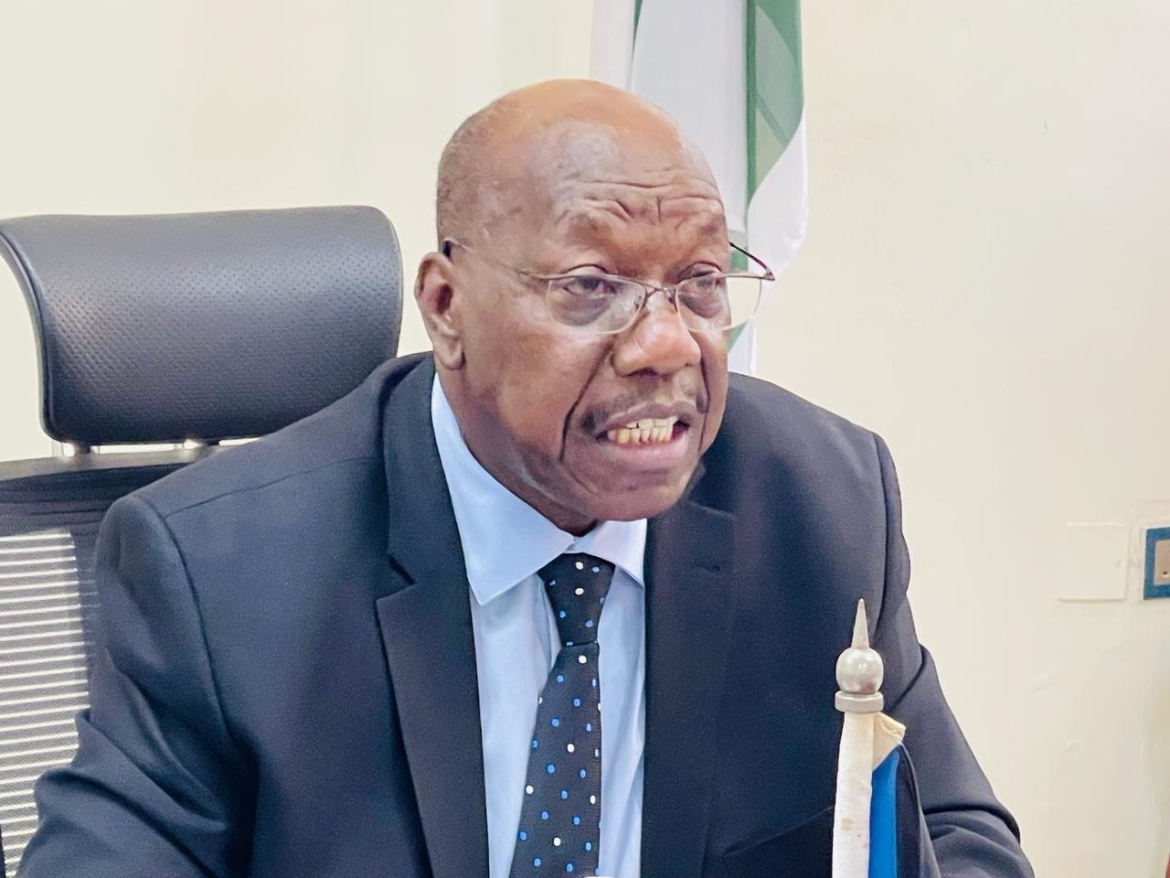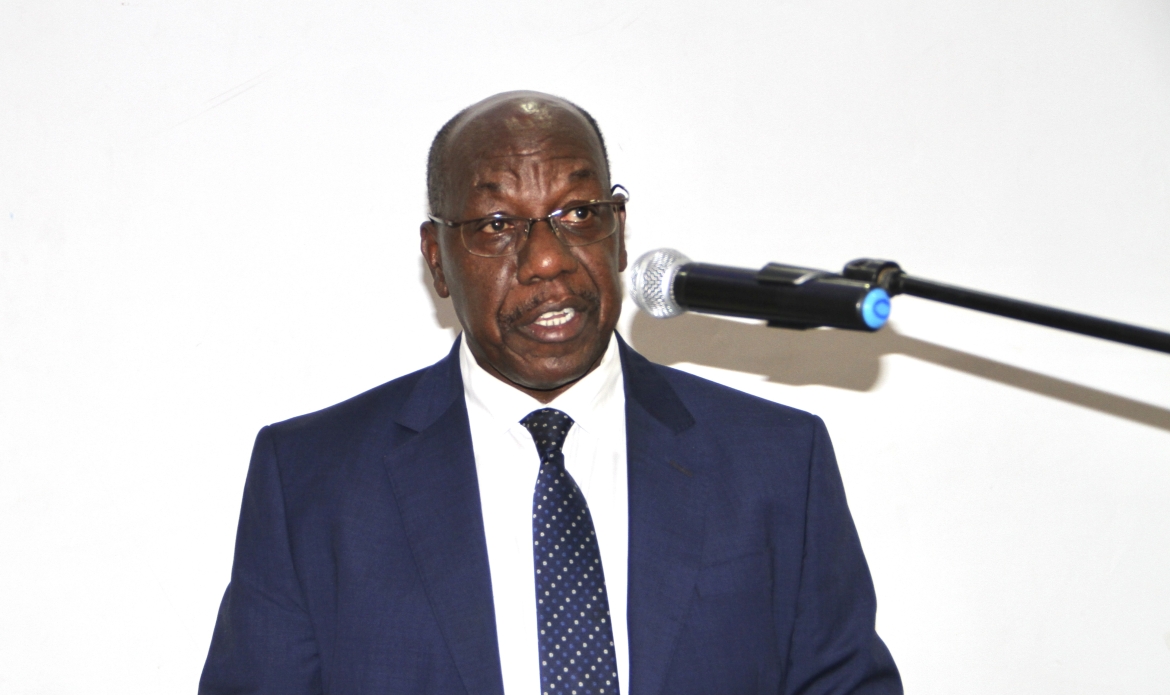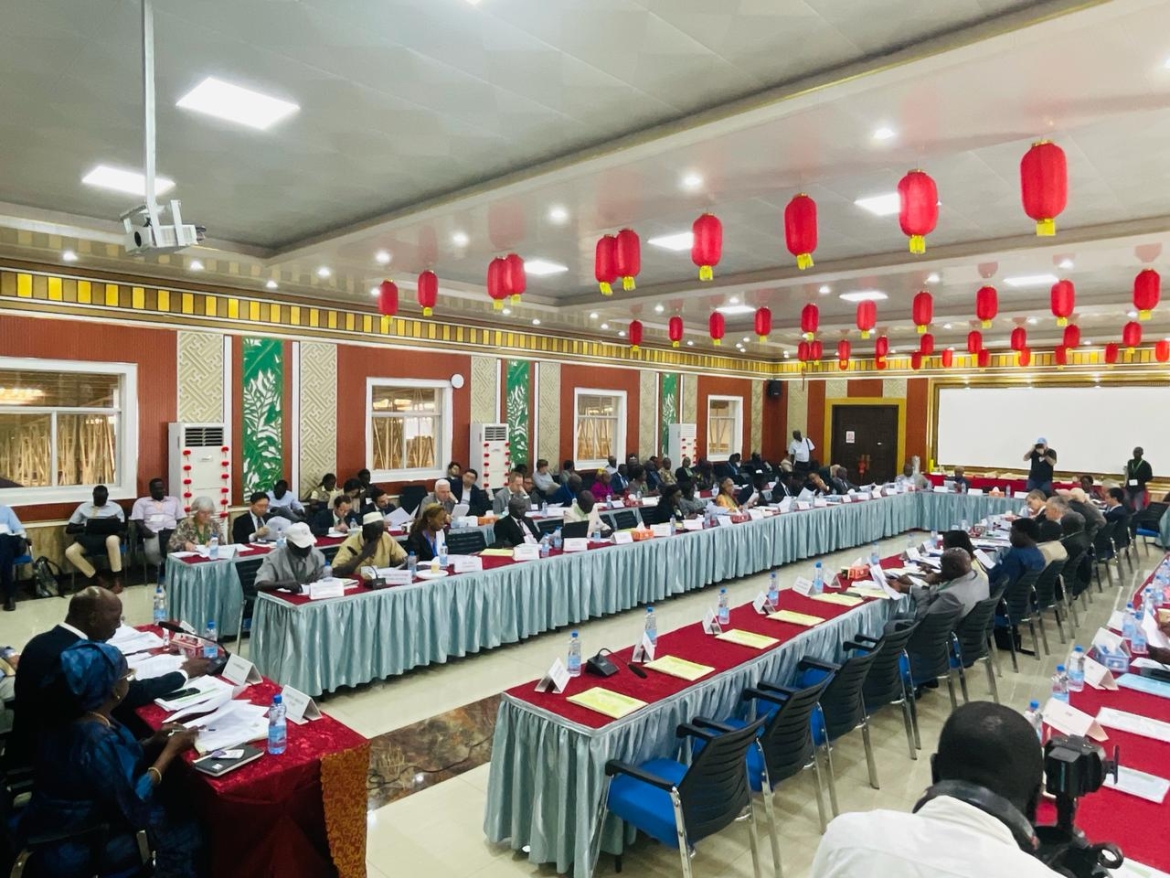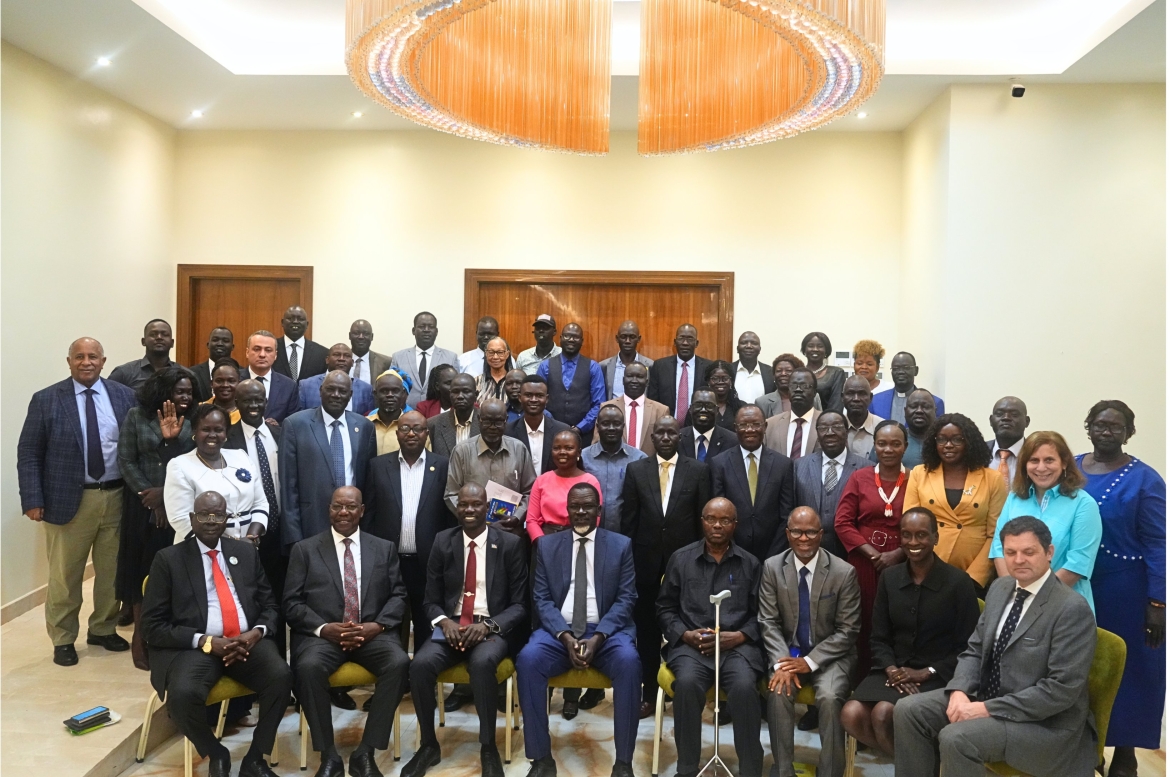Gov’t, partners and stakeholders confident SDSR goals will succeed and supported
The Strategic Defence Security Review (SDSR) board 3-day consultative workshop ended yesterday; speakers and participants espousing confidence that the process will proceed with the South Sudan government pledging a pool fund amounting to US$1 million.
The fund is aimed at supporting Chapter II bodies and the reinvigoration of the stalled process of the SDSR.
During the workshop held at a Juba hotel, significant developments to support Chapter II of the Agreement on the Resolution of the Conflict in the Republic of South Sudan (ARCSS) were announced, discussed and developed.
Key speakers including the First Vice President, Ministers from the TGoNU, the JMEC Chief of Staff and the South Sudan Chief of Defense Forces, reiterated the criticality of the SDSR process in shaping and informing the future construct of the security forces of South Sudan,
In accordance with ACRSS, these forces consists of the Defense Forces, the Police, National Security, Prison Service, Fire Service and the Wildlife Service.
During the workshop, a requirement for further funding to the Chapter II (of the Agreement) mechanisms and the requirements for a cohesive Disarmament, Demobilization and Reintegration (DDR) programme, were also comprehensively discussed.
The First Vice President H.E Taban Deng Gai sent a plea to partners and other stakeholders to offer the much-needed financial and technical support to the peace process. He also outlined a vision of a ‘National Service’ for the nation utilizing existing members of the combat forces who may become eligible for discharge.
Speaking during the workshop, the Joint Monitoring and Evaluation Commission (JMEC) Chief of Staff Ambassador Berhanu Kebede said “The SDSR process is critical to the creation of a professional, loyal to the Constitution of the Republic of South Sudan, and manageable security forces capable of defending and securing the nation, as well as the territory of the Republic of South Sudan,”
Minister for Finance Stephen Dau who announed the availing of the fund, called for prudence, transparency and accountability in its management and utilisation.
How the fund will be developed and managed was discussed during the workshop; as a result, a concept will be prepared by for presentation to the Minister of Finance.
Day Two of the event focused on the need, requirement and challenges of a DDR policy and plan for the country.
Contributions by the Defense Attache` from Egypt, the National Disarmament, Demobilization and Reintegration Commission (NDDRC) and a German sponsored group, the Bonn International Center for Conversion (BICC), all highlighted the complexities of creating a cohesive and dynamic DDR programme that best supports the needs of South Sudan.
The Security Pooled Fund and its construction was debated on the third day and it was determined by the contributors that the fund would be an internally managed fund overseen by a board of trustees. The prime recipients for the funds, the SDSR and Joint Military Ceasefire Commission (JMCC) processes, will assess their priorities for and costs of support to that board in order that the essential tasks can begin to be completed.
The status of the SDSR products within the Chapter II and the development of a current road map was discussed and from this it was determined that the remaining processes within the SDSR tasks for Stage 1 and 2, must and would be completed by the end of 2017, with the roadmap for full security sector transformation taking place over the period of 5 years.
In his closing remarks, Minister of Parliamentary Affairs, the Hon Bashir Ghandi, thanked the First Vice President for his leadership, the Minister of Finance for their commitment.
He said he would present the outcomes of the workshop to the Council of Ministers for their ratification and approval on Friday.
Hon Ghandi applauded the workshop for adding clear timelines and projected outcomes to the pledge for funding.
ENDS





